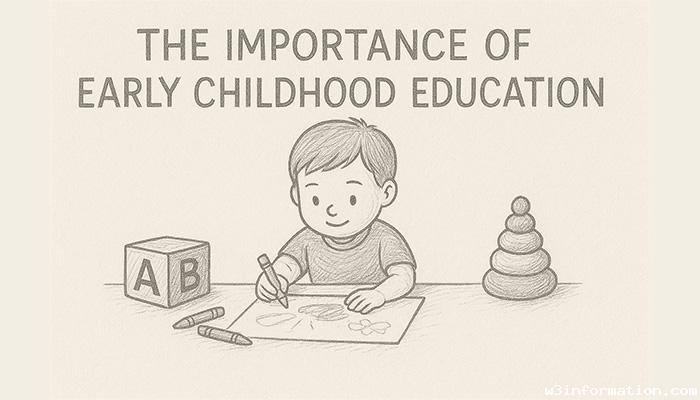How Religion Shapes Psychological Perspectives
Religion served as a foundational element of human civilization while guiding cultural development and shaping values and worldviews throughout thousands of years. Religious beliefs and practices have a profound impact on psychological understanding as they shape how people interpret themselves, others, and their environment. The interaction between religious beliefs and psychological principles reveals key understandings about human behavior and mental health coping strategies.
The Role of Religion in Psychological Development
Identity Formation: Religious teachings commonly establish essential frameworks for both individual self-concept and collective social identity. Religious teachings offer people essential guidance for developing their identity through a sense of purpose and belonging as well as ethical rules that affect their choices and behavior.
Moral and Ethical Frameworks: Structured moral codes provided by religions shape human conscience and decision-making processes. The moral structures from religious teachings inspire prosocial actions including altruism, compassion, and fairness.
Cognitive Frameworks: Religious beliefs shape how people understand their experiences and respond to life's difficulties. Belief in a divine power or predetermined plan provides people with solace when facing uncertain situations.
Psychological Benefits of Religious Beliefs and Practices
Stress Reduction: Religious practices such as prayer and meditation along with rituals help people reduce stress and achieve relaxation. Religious beliefs equip people with coping mechanisms to handle challenges and unknown situations.
Resilience: Faith provides strength which helps build resilience for individuals dealing with illness, grief or trauma.
Community Support: Social support networks within religious communities help improve members' psychological well-being. These networks deliver emotional support while fostering a sense of belonging and providing social interaction opportunities.
The Dual Nature of Religion in Psychology
Religion delivers psychological advantages but it creates certain difficulties as well.
- Guilt and Anxiety: Rigid religious doctrines can cause guilt and anxiety when people believe they have not reached expected religious standards.
- Exclusivity and Conflict: Strong devotion to religious teachings may result in social division and exclusion between groups.
- Mental Health Stigma: Certain religious environments stigmatize mental health problems which stops individuals from reaching out for professional treatment options.
- Religion and Therapy: Integration and Implications
- Culturally Sensitive Approaches: When therapists work with religious clients they incorporate spiritual beliefs into treatment to match the client's worldview.
- Mindfulness and Spirituality: Mindfulness practices from Buddhism now form a central component of modern psychological treatment methods and offer advantages to people of all faiths and those without religious affiliations.
- Ethical Considerations: Professionals need to carefully balance their respect for religious beliefs while working to resolve any psychological problems stemming from those beliefs.
The Science-Religion Interface in Psychology
Neuroscience of Religion: Research has revealed that religious experiences trigger activity in particular brain areas like the prefrontal cortex and limbic system which play roles in both emotion regulation and moral reasoning.
Evolutionary Psychology: Religious beliefs according to certain theories developed because they enhanced group unity and collaborative efforts which resulted in survival benefits.

Conclusion
Psychological perspectives are deeply influenced by religion which affects both individual identity and mental health along with behavior patterns. The concept presents multiple advantages yet introduces distinctive difficulties. Psychologists who comprehend the dynamic interplay between religion and mental health can deliver culturally sensitive treatments that acknowledge religion's significant impact on people's lives.
 Top 10 Comfort Foods to Try This Winter
Top 10 Comfort Foods to Try This Winter
 Top 10 Christmas Destinations Around the World
Top 10 Christmas Destinations Around the World
 Navigating Adolescence: Tips for Parents and Teens
Navigating Adolescence: Tips for Parents and Teens
 How to Start a DIY Craft Project on a Budget
How to Start a DIY Craft Project on a Budget
 How to Build Strong Family Bonds in the Digital Age
How to Build Strong Family Bonds in the Digital Age
 The Importance of Early Childhood Education
The Importance of Early Childhood Education